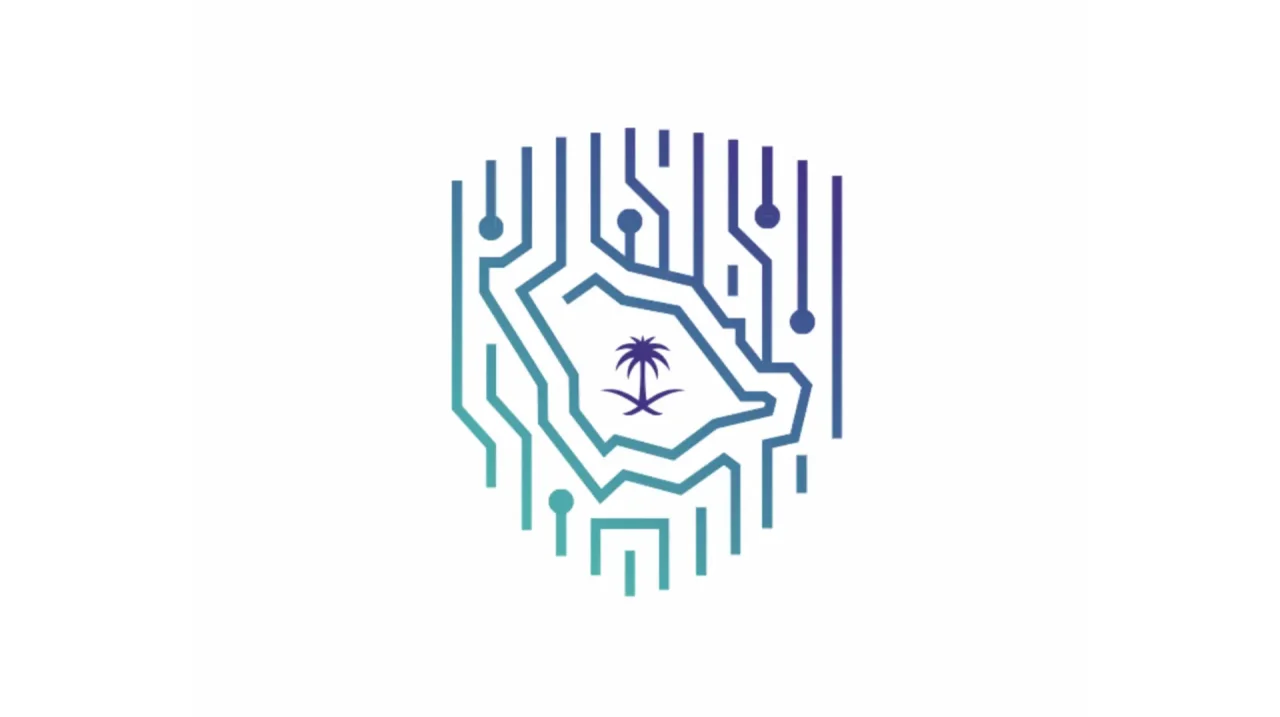NCA ECC Compliance

What is NCA ECC Compliance?
The Essential Cybersecurity Controls (ECC) are a set of mandatory requirements issued by Saudi Arabia’s National Cybersecurity Authority (NCA). They establish a unified baseline of cybersecurity practices across government entities, critical infrastructure, and private organizations handling sensitive data. First introduced in 2018, ECC provides a national framework that ensures organizations strengthen their defenses against cyberattacks, data breaches, and emerging threats. It covers everything from governance and risk management to incident response and supply chain security, ensuring holistic protection for Saudi Arabia’s digital ecosystem. Organizations can now accelerate NCA ECC compliance with AI, reducing manual effort while ensuring stronger security and faster certification.
If your organization operates in or works with Saudi Arabia’s government, financial sector, or critical infrastructure, achieving NCA ECC compliance is not optional — it is a legal and strategic requirement.
Why is NCA ECC Compliance Important?
Before ECC was introduced, organizations in Saudi Arabia followed fragmented or international frameworks (ISO, NIST, COBIT) with no standardized national requirement. ECC filled this gap by creating a localized, unified cybersecurity baseline tailored to the Kingdom’s specific threat landscape.
Compliance matters because it:
- Protects national security – safeguarding critical infrastructure like energy, healthcare, telecom, and finance.
- Builds resilience – ensuring organizations can detect, respond to, and recover from cyber incidents.
- Enables trust – reassuring citizens, customers, and partners that their data is protected.
- Avoids penalties – non-compliance may result in regulatory sanctions, loss of contracts, and reputational harm.
- Supports Vision 2030 – ECC strengthens Saudi Arabia’s digital economy and cybersecurity maturity.
As cyber threats become more advanced, ECC ensures that organizations stay secure, resilient, and prepared.
Who Needs to Comply with ECC?
NCA ECC applies to a broad range of entities, including:
- Government ministries and agencies
- Critical national infrastructure (CNI) operators (energy, telecom, transport, healthcare, finance)
- Private sector organizations providing services to government or handling sensitive data
- Third-party vendors and contractors working with government or critical infrastructure
If your organization processes government-related information or critical data, compliance with ECC is mandatory.
What Are the Essential Cybersecurity Controls?
The ECC framework contains 114 controls across 29 domains that address five major areas:
- Cybersecurity Governance
- Establish clear policies, roles, and responsibilities.
- Implement oversight structures to ensure accountability.
- Cybersecurity Risk Management
- Conduct risk assessments.
- Identify vulnerabilities and align mitigation strategies.
- Maintain a risk register with continuous monitoring.
- Cyber Defense
- Threat detection and monitoring.
- Vulnerability scanning and patch management.
- Malware defense, endpoint security, and secure configurations.
- Third-Party & Cloud Security
- Vendor risk management.
- Cloud data protection.
- Contractual security requirements for suppliers.
- Cybersecurity Resilience
- Incident response and recovery planning.
- Business continuity and disaster recovery testing.
- Regular audits and maturity assessments.
Risks of Non-Compliance with ECC
Failure to comply with ECC exposes organizations to significant risks, including:
- Regulatory fines and penalties
- Loss of eligibility for government contracts
- Increased likelihood of cyber breaches
- Reputational damage with citizens, customers, and partners
- Operational disruptions due to weak incident response
In short, non-compliance weakens both business continuity and national security.
How Sahl Helps You Achieve ECC Compliance in Weeks
Traditional compliance programs take months of manual work. Sahl’s AI-powered RegTech platform accelerates the process with automation and expert support:
- Automated Gap Analysis – instantly identify areas where your organization falls short of ECC controls.
- Pre-Built Policy Templates – access ready-to-use policies aligned with ECC’s 114 controls.
- Continuous Monitoring – dashboards track compliance health across all domains in real time.
- Evidence Collection Automation – integrations with IT systems, cloud platforms, and vendors streamline audit preparation.
- Vendor Risk Management – automate questionnaires and compliance scoring for suppliers.
- AI-Powered Risk Insights – predict vulnerabilities before they become threats.
With Sahl, organizations can achieve ECC compliance within weeks, not months, while cutting manual work by up to 80%.
Sustaining NCA ECC Compliance with Sahl
Compliance doesn’t stop after certification — it requires ongoing monitoring. Sahl helps organizations:
- Stay updated with new NCA requirements automatically.
- Receive real-time alerts for control failures or risks.
- Maintain continuous readiness for audits and inspections.
- Simplify reporting with pre-built compliance dashboards.
- Access 24/5 expert guidance to ensure compliance sustainability.
Want to see how Sahl's Compliance Automation platform can make NCA ECC easy?
FAQs
1. What is the NCA ECC framework?
The Essential Cybersecurity Controls are a set of mandatory cybersecurity requirements issued by Saudi Arabia’s National Cybersecurity Authority to protect government, critical infrastructure, and sensitive data.
2. Who needs to comply with ECC?
Government entities, critical infrastructure operators, private companies handling sensitive data, and third-party vendors working with government organizations.
3. What are the penalties for non-compliance?
Organizations may face regulatory fines, exclusion from government contracts, reputational harm, and increased cybersecurity risks.
4. How long does it take to achieve ECC compliance?
Traditional methods can take months, but with Sahl’s automation, compliance can be achieved in weeks.
5. How does Sahl help with ECC compliance?
By automating gap analysis, evidence collection, policy creation, vendor risk management, and continuous monitoring.

